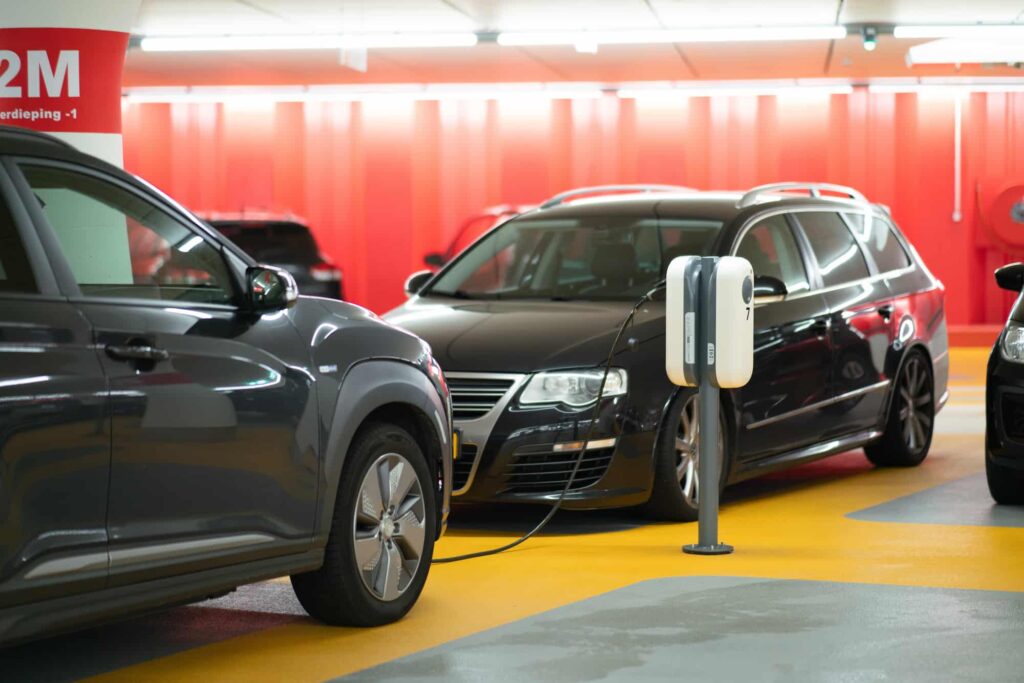There’s no denying that technology is reshaping the automotive industry at a rapid pace. Over the years, one of the key priorities for car manufacturers has been reducing carbon emissions to help protect the environment. This focus has led to major innovations in vehicle design and performance.
The solution? Hybrid and electric cars. These eco-friendly alternatives are becoming more popular, though they're not necessarily the final answer. Hybrid vehicles offer a balance between traditional combustion engines and electric power, helping to lower fuel costs and reduce environmental impact.
But how do they really work? Let's dive into the world of these "future-ready" cars and explore their features, benefits, and limitations.

**Hybrid Cars: What They Are, How They Work**
Hybrid cars aren’t a new concept, but they’ve evolved significantly over the years. The main difference lies in their dual power systems: an electric motor and a combustion engine. This combination allows for greater efficiency, especially in urban environments where frequent stops and starts are common.
In standard hybrids, the battery is charged through regenerative braking and the energy produced by the combustion engine. This means you don’t need to plug them in — they charge on the go. However, their electric range is typically limited to around 50 kilometers, making them ideal for city driving.
**Hybrid vs. Plug-in Hybrid: Key Differences**
While both types have two engines, plug-in hybrids (PHEVs) differ in several important ways. Their batteries are larger and heavier, allowing for a longer electric range — up to 75 km. Unlike regular hybrids, PHEVs require external charging via a power grid or charging station.
This makes them more suitable for longer trips, but also adds weight and cost. Still, they offer a good middle ground between fully electric and traditional gasoline-powered cars.
**Types of Hybrid Vehicles**
- **Mild Hybrid Electric Vehicles (MHEV)**: These use a small electric motor that only engages at low speeds. At higher speeds, the combustion engine takes over.
- **Hybrid Electric Vehicles (HEV)**: These rely on regenerative braking and the combustion engine to recharge the battery. No external charging is needed.
- **Plug-in Hybrid Electric Vehicles (PHEV)**: These require external charging and can run longer distances on electric power alone.

**Pros and Cons of Hybrid Cars**
Hybrids offer several advantages:
- **Tax incentives**: Many governments offer reduced taxes for vehicles with a minimum electric range.
- **Quieter operation**: The electric motor reduces noise compared to traditional engines.
- **Automatic charging**: No need to plug in — the battery charges while driving.
- **Increased power**: The electric motor provides instant torque, reducing strain on the combustion engine.
However, there are downsides too:
- **Heavier**: Two engines mean more weight, which affects efficiency.
- **More expensive**: Advanced technology increases the initial cost.
- **Still use fossil fuels**: Combustion engines are still required, leading to emissions.
- **Limited range**: Electric range is shorter than fully electric models, making them less ideal for long trips.
**Hybrid, Electric, and Combustion Cars: A Comparison**
- **Combustion cars**: Run on gasoline or diesel, emitting COâ‚‚ and other pollutants.
- **Electric cars**: Powered entirely by batteries, producing zero tailpipe emissions.
- **Hybrid cars**: Combine both electric and combustion power, offering a balanced approach.
Other differences include refueling time, maintenance needs, and overall range. While combustion cars still lead in distance, electric and hybrid options are rapidly improving.
Understanding the pros and cons of each type can help you make an informed decision when choosing your next vehicle. Consider your daily driving habits, fuel costs, and environmental impact before making a choice.
Have a great drive!
ECO Cost-effective Extruder Series
Eco-Efficient Extruder Equipment,Ecological Economy Extruder,Extruder Equipment,High Quality Extruder
Jiangsu Kunwei Langsheng Equipment Technology Co., Ltd , https://www.kunweilanxess.com